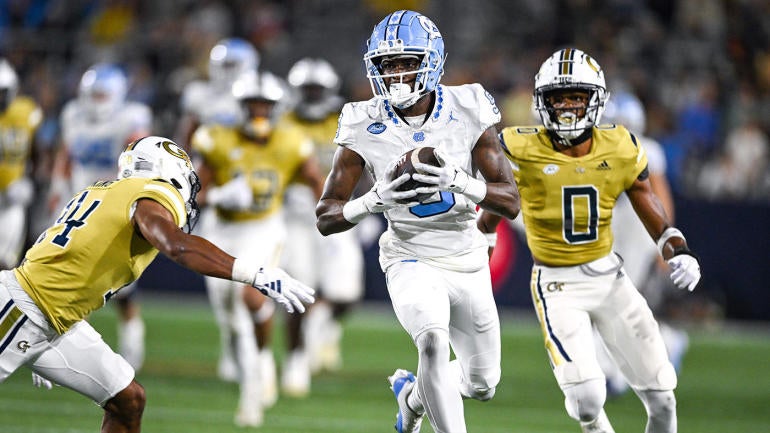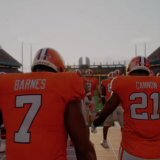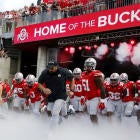
U.S. District Court Judge John Bailey's temporary restraining order against the NCAA has been converted to a temporary injunction, set to last through the end of spring sports in 2024, Ohio attorney general David Yoast announced Friday.
The injunction halts an NCAA rule requiring multi-time transfers to sit out a season and makes all transfers sidelined due to NCAA rules eligible to play immediately. The NCAA has agreed not to retaliate against any player who participates in spring sports.
The decision marks another blow against the NCAA, which is reeling amid a changing a landscape in college sports that has seen the organizing body lose its ability to effectively govern.
A pair of lawsuits -- one by the attorneys general from seven states and one from West Virginia basketball player RaeQuan Battle -- both allege the NCAA's transfer restriction violated antitrust law. Because Battle was a third-time, non-graduate transfer, he was denied immediate eligibility by the NCAA; however, Wednesday's ruling clears the way for the former Washington and Montana State guard to suit up for the Mountaineers as a key member of the team's rotation.
Dozens of other second-time transfers around college basketball have also been sitting out to begin the 2023-24 season after their waivers were denied. The issue was prevalent in college football during the 2023 season as well. Most notably, North Carolina receiver Tez Walker became a face of the issue as the NCAA chose not to grant his waiver request until midseason.
The NCAA Division I Board of Directors requested in late October that the NCAA staff and committees consider potential modifications to the current rules, which only allow second-time undergraduate transfers immediate eligibility in a couple of scenarios: First, a player can receive immediate eligibility if they have a physical injury or mental health condition that pushed them to transfer from a school. Second, the NCAA will consider "exigent circumstances" that could force a player to leave an institution, such as sexual assault or abuse.
Under the NCAA rules, no other factors will be considered, including academic considerations or playing time. The enforcement of those rules has led to backlash and scrutiny against the NCAA, which has been criticized for what many deem a subjective waiver process.





















